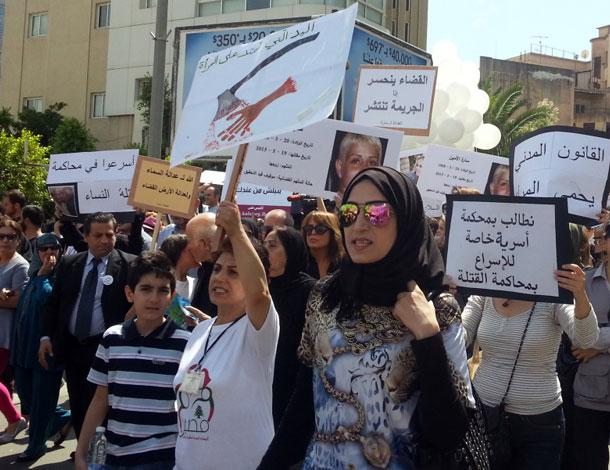On 8-11 September in Bahia, Brazil, 1500+ feminists, women’s rights and social justice activists from a broad diversity of movements and sectors will convene for a global gathering at the 13th AWID International Forum.
At a time of great upheaval and turmoil across the world, the Forum strives to create a collective space to break silos and join together as we re-imagine and build shared visions towards rights and justice.
Participants will include a diversity of feminist and women’s rights movements with particularly strong presence of Brazilian women’s rights activists, peace, economic justice, environmental, and human rights movements, among others.
Traditionally underrepresented or marginalized communities will have a strong presence at the Forum including:
- young feminist activists;
- Black and Afro-descendant women;
- Indigenous women;
- sex workers;
- women with disabilities;
- trans and intersex activists;
- migrant activists.
Starting with definitions may help.
Movements are groups of people with a shared experience of injustice, who are moved to organize themselves and build their collective power around a shared agenda for change, which they attempt to achieve through collective action, with some continuity over time. In other words, movements are made of leaders, collectives, organizations, networks, alliances and other formations working towards similar goals and visions for social change.

The beating heart of our movements
It is crucial to center people's right to self-determination and the ability to organise autonomously. At the same time, we must recognise that our issues and the utopias we are working towards are interconnected, that our lives embody intersectionality and the way to liberation is to emphasize our interdependence.
The responses from movements above highlight the importance that they place on agency, bodily integrity, and empowerment through education. They seek to recognise our linkages through an intersectional lense, while centering on the voices and experiences of those most affected by the injustices we organise against.
Blog series
This piece launches a series of blog posts sharing a selection of reflections and thoughts from a range of movements organising for justice around the word.
